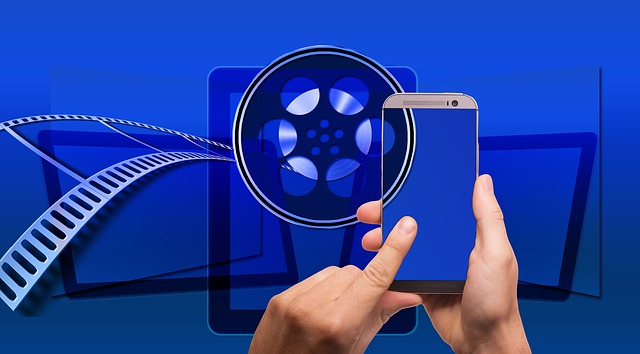
The National Security Agency (NSA) is recommending that people who are concerned about privacy turn off Wi-Fi, Find-My-Phone, and Bluetooth whenever they do not need to use those services. Yes, this is the same NSA about whom we have written in the past, including for being spanked by the court for their own unconstitutional collection of phone data. They also say that you should limit location data usage.
According to the NSA, location data is highly valuable and should be protected. This data can reveal details about users in a specific location, supply movements, location, and daily routines. The information can be used to link users and their locations.
According to the NSA, “Location data can be extremely valuable and must be protected. It can reveal details about the number of users in a location, user and supply movements, daily routines (user and organizational), and can expose otherwise unknown associations between users and locations.
According to NSA, you should:
Give apps as few permissions as possible. To do this, you need to set privacy settings to ensure that apps are not sharing or using location data. In addition, you should use apps that relay info about your location only when it is necessary. Such apps include compasses, apps for finding local restaurants, and maps.
The Internet Patrol is completely free, and reader-supported. Your tips via CashApp, Venmo, or Paypal are appreciated! Receipts will come from ISIPP.
Disable locations services on the phone.
Disable or grant as few advertising permissions as possible.
Disable radios when you are not using them. Turn off Wi-Fi, and Bluetooth whenever you do not need them.
Disable or turn off Find-My-Device or Find-My-Phone.
Use a Virtual Private Network, commonly known as a VPN, to assist in concealing your location.
Minimize browsing on the device and disallow or limit permission to location data usage.
Patrick Wardle, a former hacker for the NSA, and an iOS and MacOS security expert, says that taking those measures sets you on the path to protecting your privacy, but that does not guarantee absolute protection.
According to Wardle, absolute privacy is a myth as long as you are using a device connecting to cell towers. Therefore you have to live in a state of a trade-off between security/privacy and functionality. However, you should always know that as long as you are using a mobile phone, the assumption is that you can be tracked, he adds.
While geolocation features are important, they have a dark side as the data they collect can be exploited by shadowy characters. And though the NSA’s advisory is primarily aimed at contractors and military personnel whose location data may put them at risk or compromise operations, the information is also useful to ordinary mobile users.
In a few words, NSA is recommending that you weigh the risks against the benefits of various settings on your device and you decide what to do.
The Internet Patrol is completely free, and reader-supported. Your tips via CashApp, Venmo, or Paypal are appreciated! Receipts will come from ISIPP.










How do I turn off the bluetooth on my pacemaker? Yes, it connects with a monitor.